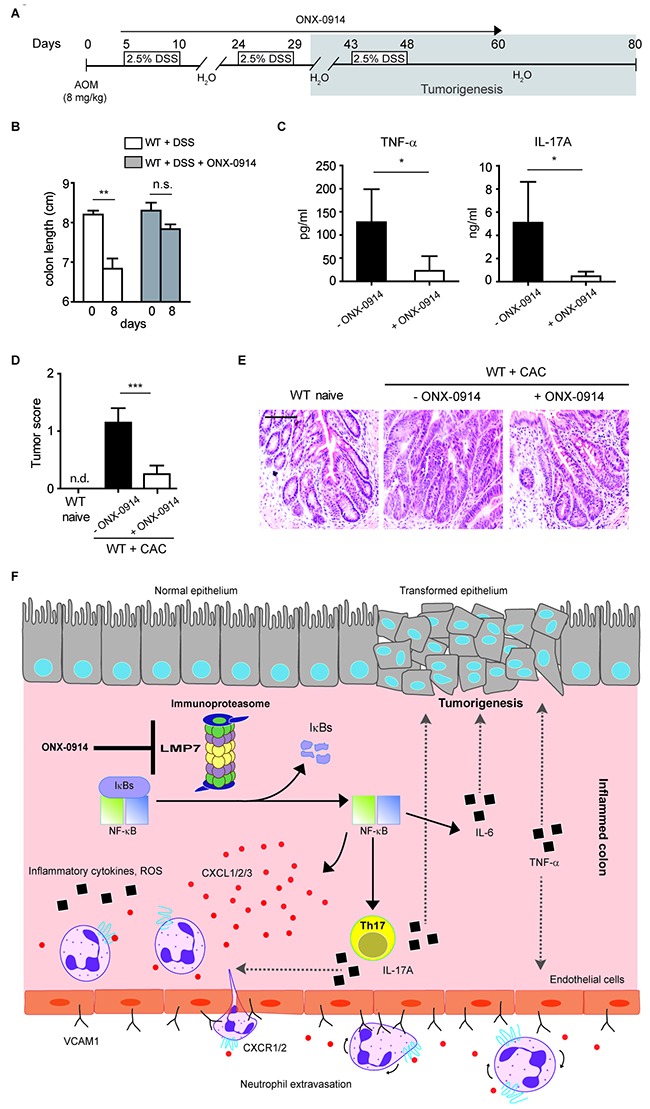Figure 6. Specific blockade of LMP7 inhibits development of CAC.

A. Scheme for the experimental course for induction of CAC in WT mice using 8 mg/kg AOM and 3 cycles of DSS (2.5%). Mice were treated with 6 mg/kg ONX-0914 three times per week starting at day 5 after AOM administration. B. Colon length of DSS-treated WT mice with or without ONX-0914 (6 mg/kg mice, i.p. administration daily) was measured at day 8 after colitis induction (n=6 mice per group). Data represent mean ± SEM, **P<0.01, n.s., not significant. C. Cytokine secretion by colon ex vivo explants of AOM/DSS treated WT mice in the presence or absence of ONX-0914 was measured by ELISA at day 30 after CAC induction. *P<0.05. D. Colonic tumor score in naïve and AOM/DSS-treated WT mice with or without ONX-0914 administration (day 80 after CAC induction). For (C and D), data represent mean ± SEM and are representative of two independent experiments (n =10-12 mice per group), n.d., not detectable, ***P<0.001. E. Representative images of H&E-stained colon sections of naïve and AOM/DSS-treated WT mice injected with ONX-0914 as described in (A). Histology analysis was performed at day 80 after CAC induction. Scale bar: 100µm. F. Schematic overview showing the role of LMP7 in development of CAC. In inflamed colon, the increased expression of immunoproteasome subunit LMP7 leads to NF-κB/IRF4-mediated secretion of IL-17A which impacts the recruitment of neutrophils into the colon and promotes carcinogenesis. Additionally, LMP7/NF-κB axis regulates the expression of chemokines CXCL1-3 and adhesion molecule VCAM-1. The inhibition of LMP7 with ONX-0914 affects the tumor formation by dampening the pro-inflammatory mediators.
